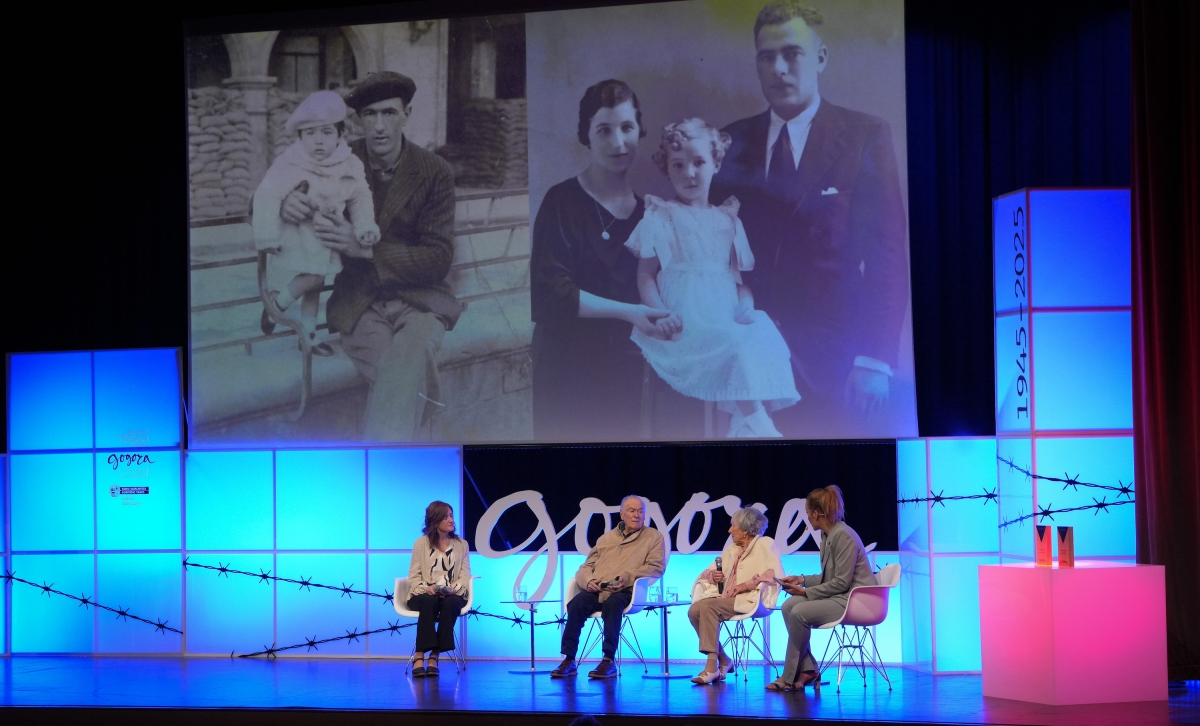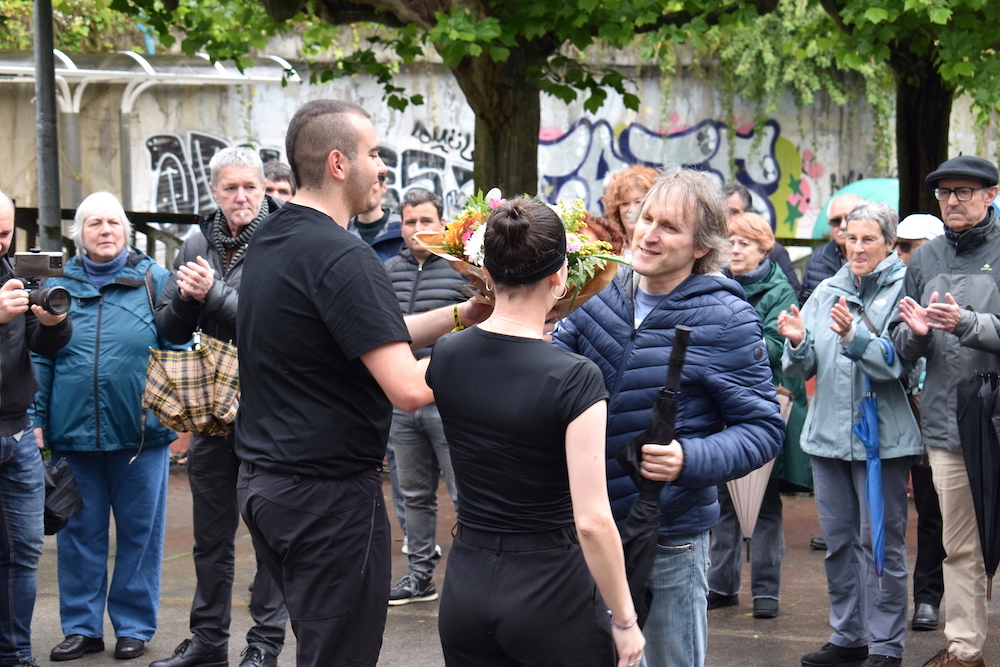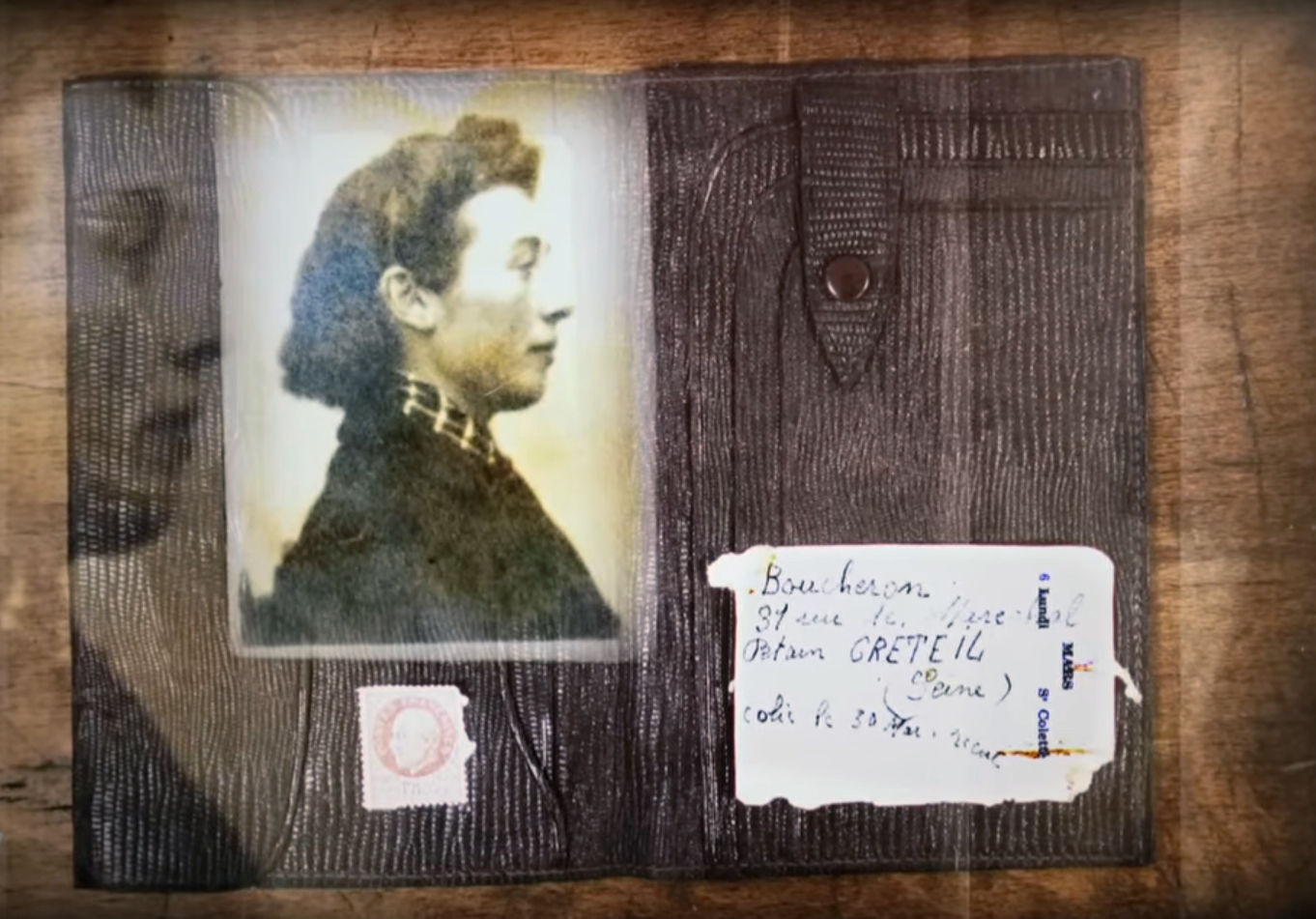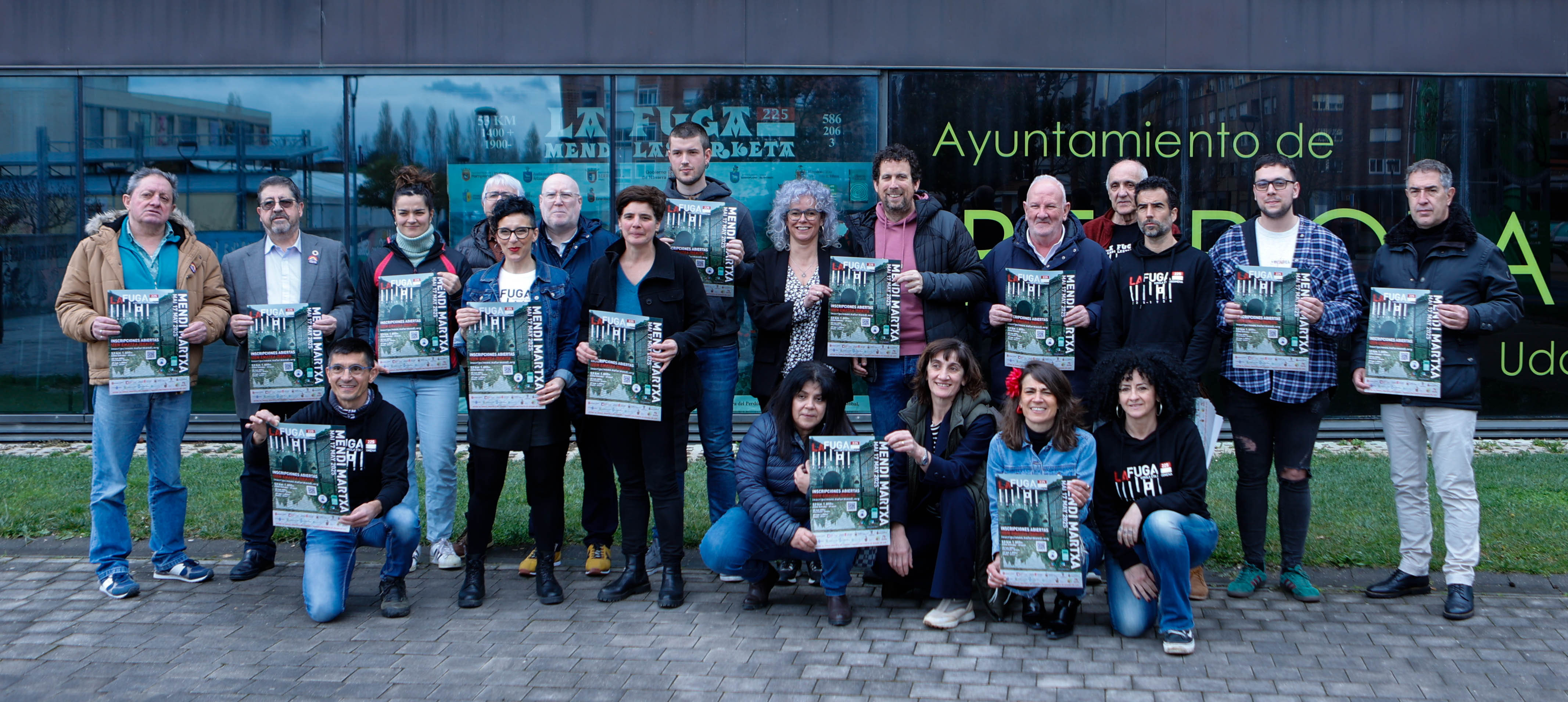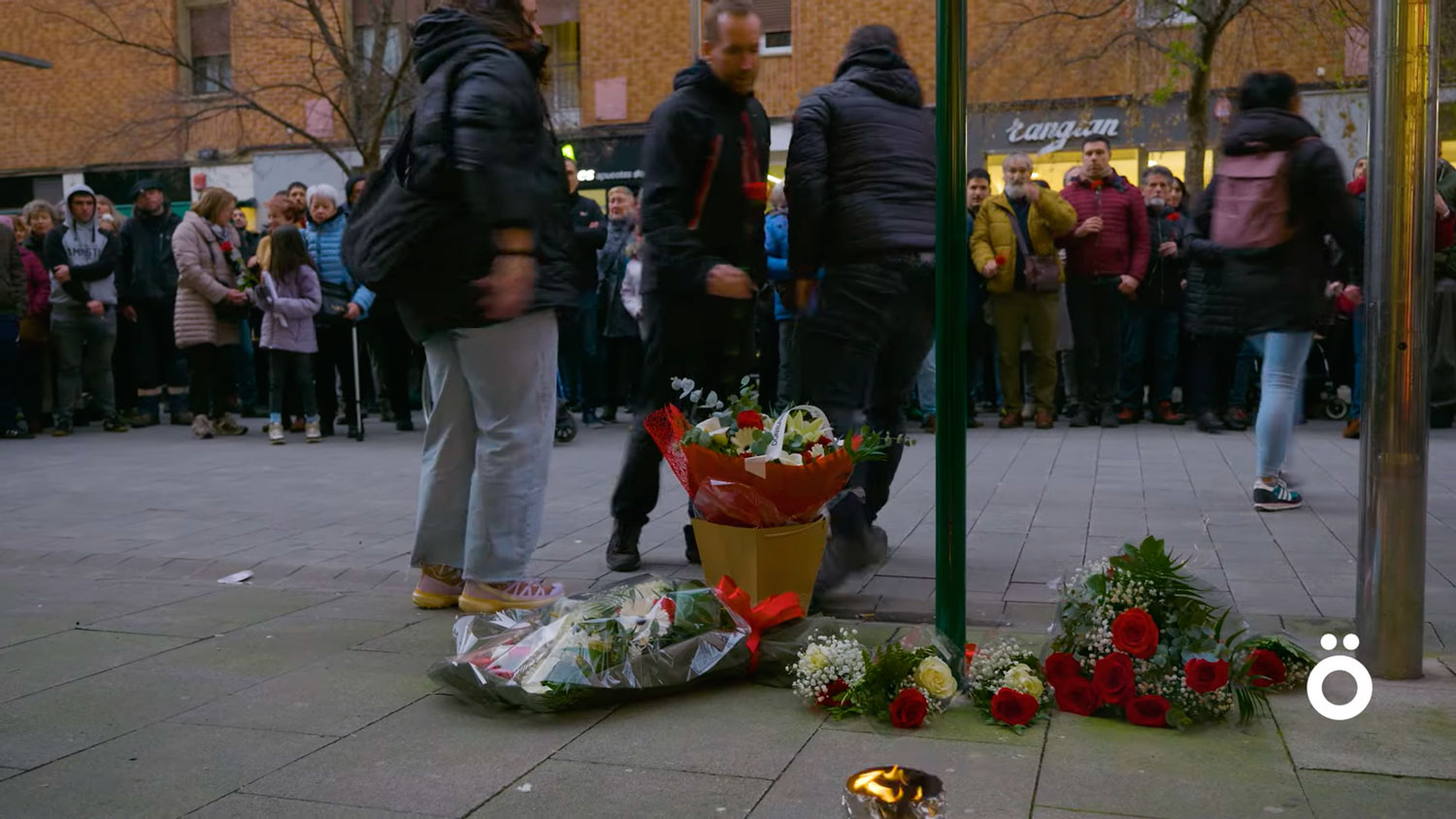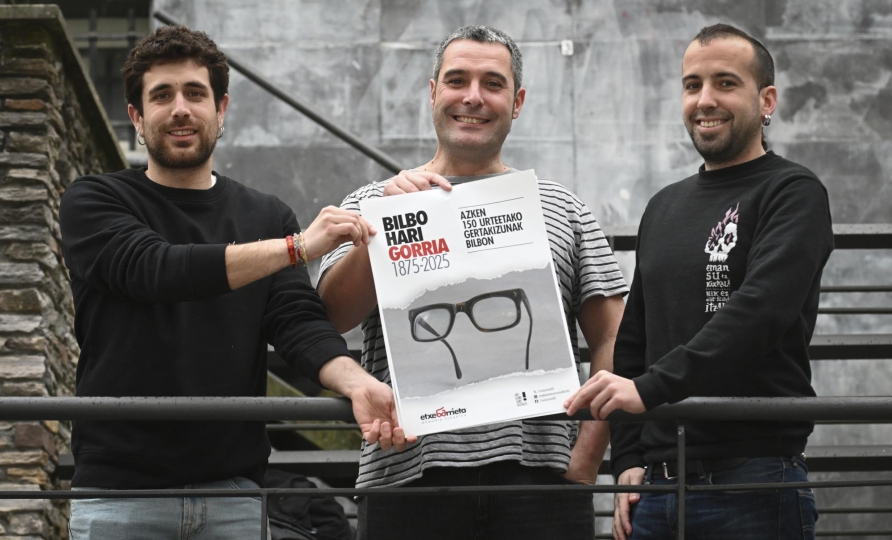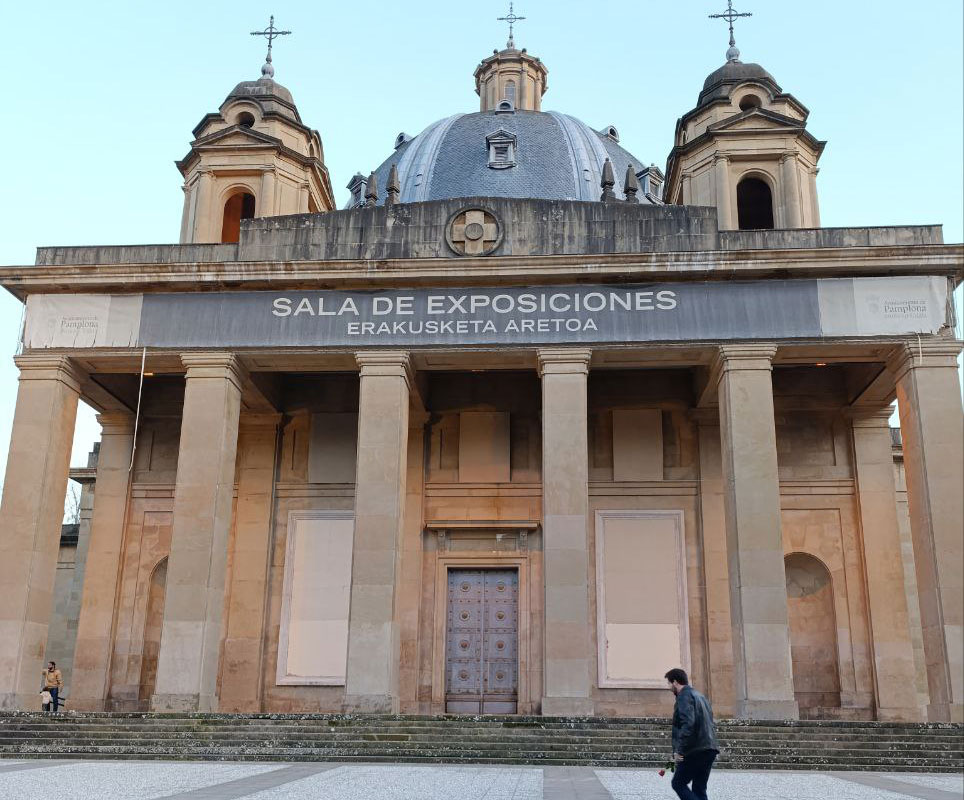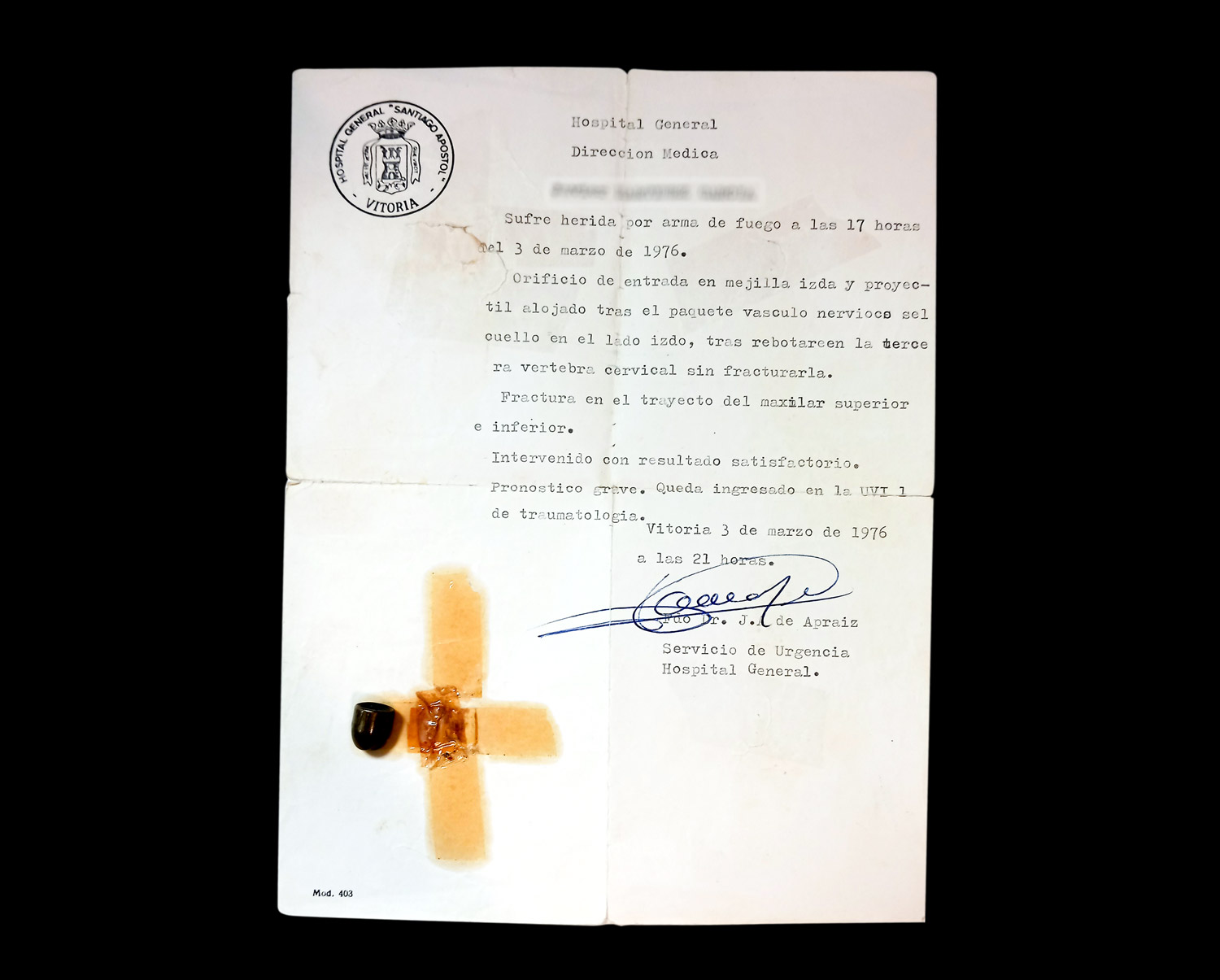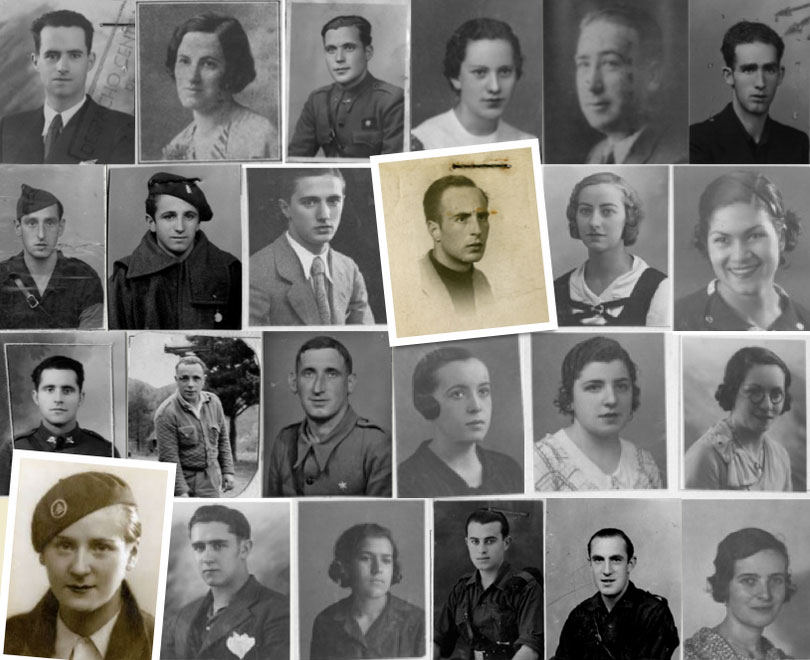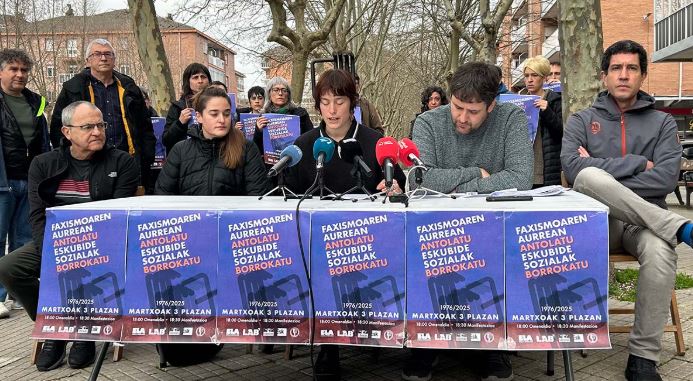The Basque Government approves the Bill on Historical and Democratic Memory
- The Basque Government has approved the draft Law on Historical and Democratic Memory of the Basque Country, which will be debated in the Basque Parliament. The draft law aims to produce a report on the rights violated in the CAV from 1936 to 1978.

The victims of the Civil War and the first Franco of 1936 will be the axes on which the Institute of Memory, Coexistence and Human Rights Gogora will revolve. On the other hand, the census of deaths, which is already underway, of the Civil War will be modified.
Repair and recognition
Further steps will also be taken to identify the remains of the victims and to investigate the signs of crime in them. The aim is to develop a partnership with the Ertzaintza, the Prosecutor's Office and the judicial bodies to "guarantee the right to justice". There are also a number of measures to “repair and recognise” family members: individualised recognition of the deceased, ensuring the suitability and viability of compensation, and establishing a day to remember and pay tribute to the victims of the military coup and dictatorship.
Educational material
To promote historical memory, the Gogora Institute will launch a project to consolidate the Documentation Centre, with an exhibition area and other outreach activities at the Institute. They also want to collaborate with the Department of Education in the development of didactic resources for the incorporation of historical memory in the study guide.
It is a question of establishing mechanisms to remove remnants of symbolism against historical memory and a system of fines will be put in place to penalise infringements committed against it. Serious crimes such as the destruction of mass graves or the concealment of documents could be punished by fines of between EUR 10,000 and EUR 150,000.
The Minister for Equality, Justice and Social Policies, Beatriz Artolazabal, has been in charge of giving these details.
Salvador Puig Antich frankismoaren kontrako militantea izan zen. Askapen Mugimendu Iberikoko kidea, 1973ko irailaren 25ean atxilotu zuten. Gerra-kontseilua egin zioten, eta garrotez exekutatu zuten handik sei hilabetera, 1974ko martxoaren 2an. Aurtengo otsailean baliogabetu du... [+]
Kirola eta oroimena uztartuko dituzte, bigarrenez, mendi-martxa baten bitartez. Ez da lehiakorra izanen, helburua beste bat delako. La Fuga izeneko mendi martxak 1938ko sarraskia gogorarazi nahi du. Ezkabako gotorlekuan hasi eta Urepelen amaituko da. Maiatzaren 17an eginen dute.
Fusilamenduak, elektrodoak eta poltsa, hobi komunak, kolpismoa, jazarpena, drogak, Galindo, umiliazioak, gerra zikina, Intxaurrondo, narkotrafikoa, estoldak, hizkuntza inposaketa, Altsasu, inpunitatea… Guardia Zibilaren lorratza iluna da Euskal Herrian, baita Espainiako... [+]
Gogora Institutuak 1936ko Gerrako biktimen inguruan egindako txostenean "erreketeak, falangistak, Kondor Legioko hegazkinlari alemaniar naziak eta faxista italiarrak" ageri direla salatu du Intxorta 1937 elkarteak, eta izen horiek kentzeko eskatu du. Maria Jesus San Jose... [+]
Familiak eskatu bezala, aurten Angel oroitzeko ekitaldia lore-eskaintza txiki bat izan da, Martin Azpilikueta kalean oroitarazten duen plakaren ondoan. 21 urte geroago, Angel jada biktima-estatus ofizialarekin gogoratzen dute.
Bilbo Hari Gorria dinamikarekin ekarriko ditu gurera azken 150 urteetako Bilboko efemerideak Etxebarrieta Memoria Elkarteak. Iker Egiraun kideak xehetasunak eskaini dizkigu.
33/2013 Foru Legeari Xedapen gehigarri bat gehitu zaio datozen aldaketak gauzatu ahal izateko, eta horren bidez ahalbidetzen da “erregimen frankistaren garaipenaren gorespenezkoak gertatzen diren zati sinbolikoak erretiratzea eta kupularen barnealdeko margolanak... [+]
1976ko martxoaren 3an, Gasteizen, Poliziak ehunka tiro egin zituen asanbladan bildutako jendetzaren aurka, zabalduz eta erradikalizatuz zihoan greba mugimendua odoletan ito nahian. Bost langile hil zituzten, baina “egun hartan hildakoak gehiago ez izatea ia miraria... [+]
Memoria eta Bizikidetzako, Kanpo Ekintzako eta Euskarako Departamentuko Memoriaren Nafarroako Institutuak "Maistrak eta maisu errepresaliatuak Nafarroan (1936-1976)" hezkuntza-webgunea aurkeztu du.









